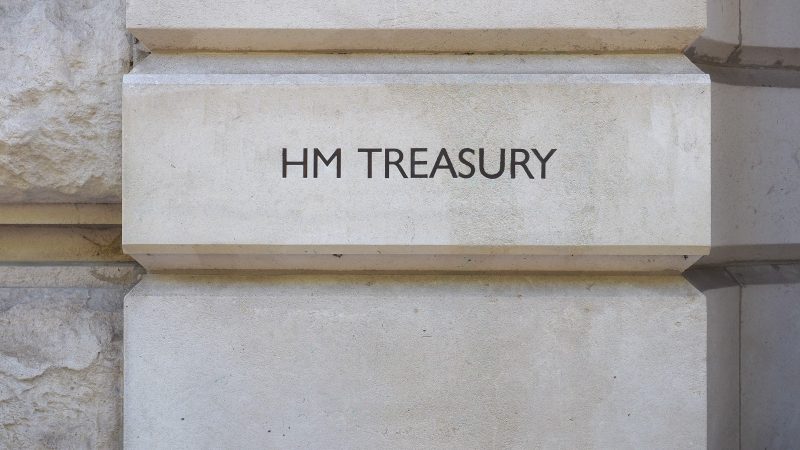
The UK economy shrank in the last quarter, official figures show. GDP shrank by 0.2% between July and September after growing by 0.2% in the previous three months. An economy is considered to be in recession only after it contracts for two consecutive quarters, but the Bank of England is forecasting that we will be in one by the end of the year. Labour’s Rachel Reeves hailed the figures today as “another page of failure in the Tories’ record on growth” and blamed Britain’s “unique exposure to economic shocks” on a “Conservative-led decade of weak growth, low productivity and underinvestment and widening inequality”. The Shadow Chancellor added: “We’re already set to be near the bottom of global league tables on growth, but all the Tories offer yet again is austerity.”
And we can expect the government to set out that plan for more austerity next week with reductions in budgets for schools, policing, transport and councils expected. The timeline for the cuts, however, means that they are scheduled for after the next general election – prompting Robert Peston to describe them as a “semi fiction” designed to reassure investors. Jeremy Hunt is reportedly planning to unveil cuts to planned growth in day-to-day spending after 2025 from 3.7% to 1% in the autumn statement, in a bid to fill what has variously been reported as between a £35bn and £60bn “black hole” in the public finances.
Well worth a read is this report, from the Progressive Economy Forum (PEF), which explains the dubious assumptions underlying the reported size of the black hole. The authors – lecturer in economics Rob Calvert and associate professor of economics Jo Mitchell at the University of West England – argue that the figure is a result of government accountancy rules and highly uncertain forecasts – not tax or spending decisions. They write that a small change in forecasts and what is counted as government debt dramatically changes the size of the hole. Interestingly, reversing the decision made earlier this year to exclude the Bank of England’s debt from the government’s own debt figure completely wipes out the projected £50bn hole and leaves ministers with an additional £14bn to spend against its own debt targets by 2027.
How we talk about and calculate debt matter. The conflation of the UK economy and a ‘household budget’ by many media outlets following the financial crisis in 2008 – that Britain needed to live “within its means” or it would “run out of money”, for example – dominated discussion of possible solutions to dealing with the deficit, giving a disproportionate platform to the idea that cuts were necessary for economic recovery. While plenty of people have pointed out the inappropriateness of the metaphor, coverage has continued to make the connection. During the pandemic, for example, economists called out the BBC’s Laura Kuenssberg for describing the country’s economic situation as “the credit card, the national mortgage, everything absolutely maxed out”.
Keir Starmer faces a challenge. His party must decide whether it will accept the narrative being pushed by the Tories – that cuts are necessary and inevitable – or whether it will oppose the cuts. Ahead of the 1997 general election, Gordon Brown promised not to raise taxes and to stick with the Conservatives’ spending plans for the first two years. Rachel Reeves has rightly called out the Tories for offering only more austerity, but will the opposition replicate the New Labour playbook, or acknowledge the very different economic climate in which we now find ourselves?
Sign up to LabourList’s morning email for everything Labour, every weekday morning.



More from LabourList
Government announce SEND reform in schools white paper
SPONSORED: ‘Industrial hemp and the challenge of turning Labour’s priorities into practice’
‘A day is a long time in politics, so we need ‘action this day’’